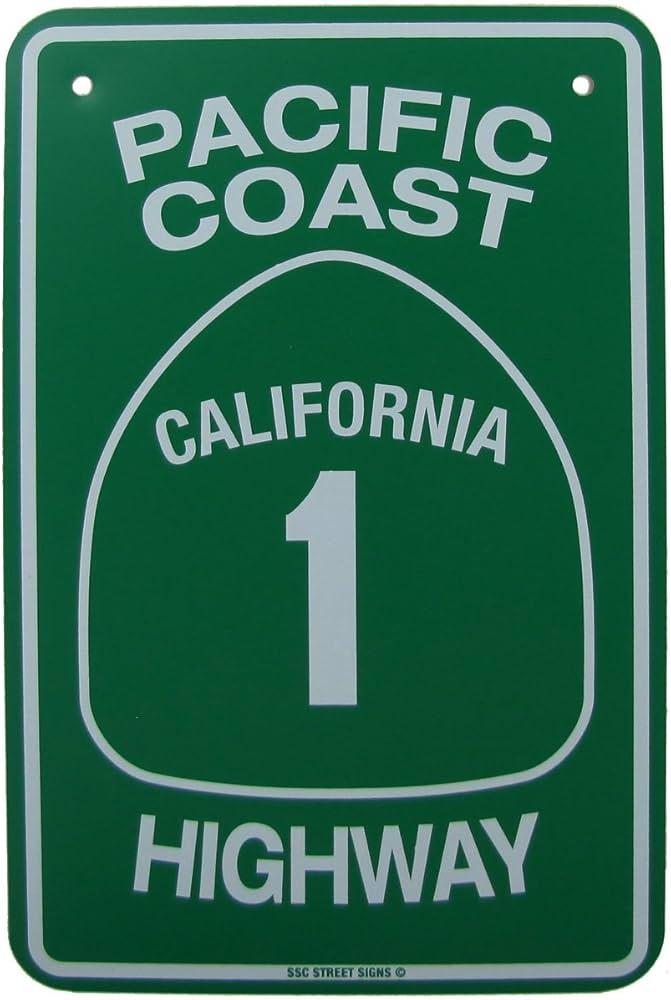Debunking the Myth: Theft Is Not Legal in California Despite Viral Street Sign Claims
Misleading Viral Images Spark Confusion About California Theft Laws
Recently, a series of viral images showing street signs purportedly stating that theft is legal in California have caused widespread misunderstanding and misinformation across social media platforms. These images, often digitally manipulated or taken out of context, misrepresent the state’s legal stance on theft. Contrary to these misleading visuals, California enforces stringent laws against theft, with clear distinctions between petty theft and grand theft, each carrying specific penalties.
These viral signs fail to acknowledge the legal nuances and thresholds that separate minor infractions from serious criminal offenses, falsely suggesting that certain thefts are permissible under state law. Legal authorities and experts have confirmed that no official city or state entity in California has authorized or endorsed such signage. The spread of this misinformation risks undermining public trust in law enforcement and may inadvertently encourage illegal activities.
Overview of Theft Classifications and Penalties in California
| Theft Type | Value Threshold | Typical Penalty |
|---|---|---|
| Petty Theft | Property valued under $950 | Up to 6 months in county jail, fines up to $1,000 |
| Grand Theft | Property valued over $950 | Up to 1 year or more in state prison, possible felony charges, fines |
| Shoplifting | Varies by retailer, generally under $950 | Similar penalties to petty theft, plus potential store bans |
- California Penal Code Section 484 defines theft offenses and penalties.
- Penalties vary based on the value of stolen property and circumstances.
- Viral street signs lack any legal authority or official sanction.
Clarifying the Legal Truth Behind the Controversial Street Signs
Social media claims that certain street signs in California declare theft legal are unequivocally false. These signs are either the result of digital alterations or prank installations and hold no legal validity. California law explicitly criminalizes theft, whether petty or grand, with defined penalties under the Penal Code.
Legal professionals stress that no municipal or state signage can supersede or nullify criminal statutes. To provide clarity, here is a concise summary of theft-related offenses and their maximum penalties under California law:
| Offense | Description | Maximum Penalty |
|---|---|---|
| Petty Theft | Taking property valued below $950 | Up to 6 months in jail and/or $1,000 fine |
| Grand Theft | Theft of property exceeding $950 in value | Up to 1 year or more in prison, felony charges possible |
| Burglary | Unauthorized entry with intent to commit theft or felony | Up to 6 years imprisonment |
- Official signage cannot grant immunity from criminal prosecution.
- Any claims suggesting public endorsement of theft are hoaxes or misinformation.
- Citizens should always consult official legal sources for accurate information.
Dispelling Common Myths About Theft Legality in California
Despite the viral spread of images implying theft is legal under certain conditions in California, legal experts confirm these assertions are false and misleading. Theft remains a criminal offense under California law, punishable by fines and imprisonment. Authorities caution that such signs are often part of misinformation campaigns designed to confuse the public or incite unrest. Law enforcement agencies urge individuals to verify such claims through official channels before accepting them as truth.
Several misconceptions contribute to the spread of these false narratives:
- ŌĆ£No prosecutionŌĆØ myths: Some believe that low-priority enforcement means theft is tolerated, but prosecutors retain discretion and pursue serious theft cases rigorously.
- Misunderstanding criminal justice reforms: Recent reforms aim to reduce incarceration for minor offenses, not to legalize theft.
- Confusion over property rights: Some signs misleadingly equate theft with claims over ŌĆ£abandonedŌĆØ or ŌĆ£unattendedŌĆØ property, which is not supported by law.
| Myth | Reality |
|---|---|
| Theft is legal if property is ŌĆ£unattendedŌĆØ | Theft is illegal regardless of property status |
| Police do not arrest thieves due to reforms | Arrests depend on case details and severity |
| Viral signs are government-approved | Signs are unofficial and misleading |
Effective Strategies to Verify Online Claims and Combat Misinformation
Encountering sensational or viral images onlineŌĆösuch as street signs claiming theft is legalŌĆörequires a critical and cautious approach. Begin by investigating the imageŌĆÖs origin using reverse image search tools like Google Images or TinEye to trace its earliest appearance. Check whether credible news organizations or official government websites have reported on the claim. If the source is anonymous or unreliable, it is likely the information is false or misleading.
Next, consult authoritative legal resources such as official state websites, legal databases, or expert analyses to understand the actual laws. Be vigilant for common misinformation tactics, including doctored images, quotes taken out of context, or fabricated documents. The following checklist can help you verify claims efficiently:
- Assess the source credibilityŌĆöIs the information from an official or reputable platform?
- Cross-reference factsŌĆöDo multiple trusted outlets report the same information?
- Seek expert adviceŌĆöLegal professionals or government officials can clarify complex issues.
- Identify inconsistenciesŌĆöLook for details that seem implausible or contradictory.
- Delay sharingŌĆöAvoid spreading unverified information to prevent misinformation proliferation.
| Verification Method | Purpose |
|---|---|
| Reverse Image Search | Locate original source and detect image manipulation |
| Consult Official Websites | Access accurate and up-to-date legal information |
| Fact-Checking with Trusted Media | Confirm claims through established journalism |
| Expert Consultation | Obtain authoritative explanations on legal matters |
Final Thoughts: Upholding Truth Amid Viral Misinformation
In summary, the viral images suggesting that theft is legal in California are baseless and misleading. Verified legal sources and experts affirm that theft remains a punishable offense under California law, and no official signage endorses otherwise. It is vital for the public to critically evaluate such claims and rely on trustworthy sources to prevent the spread of false information. Our commitment is to continue monitoring and fact-checking viral content to ensure accurate public awareness.




